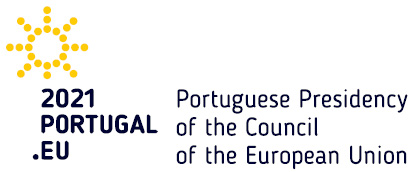Today, whilst it continues to support the rural economy and ensure sustainable agricultural production, it also strives to ensure high standards of food safety for consumers and the protection of the environment and accountability demanded by taxpayers.
Author EUinfo Admin
Republic of Serbia and its citizens are faced with a protracted refugee and displacement situation. At the beginning of 2015, there are around 43.763 refugees and 203.480 internally displaced persons in Serbia, 12 remaining formal collective centres existing for more than 20 years and now hosting 266 refugees and 635 IDPs.
Civil society plays an important role in ensuring principles of human dignity, freedom, equality, the rule of law and respect for human rights, including the rights of persons belonging to minorities upheld in practice. By articulating citizen’s concerns, civil society organisations (CSOs) are understood as all non-state, not-for-profit structures in which people organise to pursue shared objectives and ideals, who are active in public arena and engage in initiatives which foster pluralism and further participatory democracy.
EU environment and climate change policy has its roots in strong civil society movements. Its implementation is a serious challenge to both the public administration and the economy as it directly impacts on peoples’ health and welfare. 70% of EU citizens believe today that environment protection is critical to their future. 30% of the EU’s legal framework regulates this diverse and complex policy field and 80% of relevant legislation applied by EU member states is EU law. The EU treaty requires moreover that environment and climate change policy be mainstreamed into all other sectorial policies.
Energy sector should provide Serbian citizens with safe and reliable supply with energy using environmentally acceptable technologies with increased energy efficiency and high share of renewable sources. The reform should result in self sustainable sector based on market values and strong and independent regulatory body.
Small and Medium Size companies (SMEs) are the backbone of any modern economy and therefore crucial for development of Serbia. Since private business was neglected for decades, the competitiveness of our companies is significantly lagging behind the EU average. Therefore, the aim of the EU funded support is to increase the competitiveness of Serbian economy that will result in job creation and sustainable growth of standard of the citizens.
Free media contribute to the development of a stable and open democracy in which all citizens are informed properly by the media about the issues that are of relevance to them. Freedom of media and expression is one of the fundamental rights of the EU; this right includes freedom to hold opinions without interference and to seek, receive and impart information and ideas through any media and regardless of frontiers.
Despite the fact that there are no EU laws and directives in the sector of education, this area remains a very important one for the European Union because providing good quality education is directly linked with economic growth and social cohesion of a country. This is why the EU has developed a number of initiatives to help EU countries modernise their education sectors.
Some studies estimate that healthcare costs related to inactivity, smoking, and obesity will double by 2025. Hence, healthcare system reform is an ong oing process in light of constant technological and civilizational advances.
The European Union Assistance for Flood Relief in Serbia is a Programme consisted from five projects aiming to restore living conditions in 24 local self-governments which were hardest affected by the floods in May 2014.



